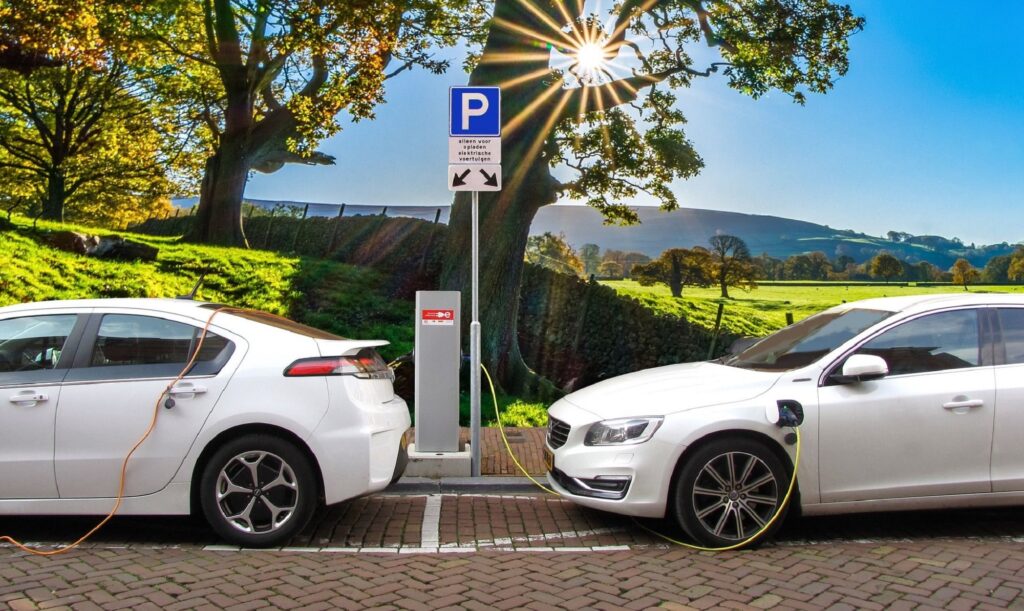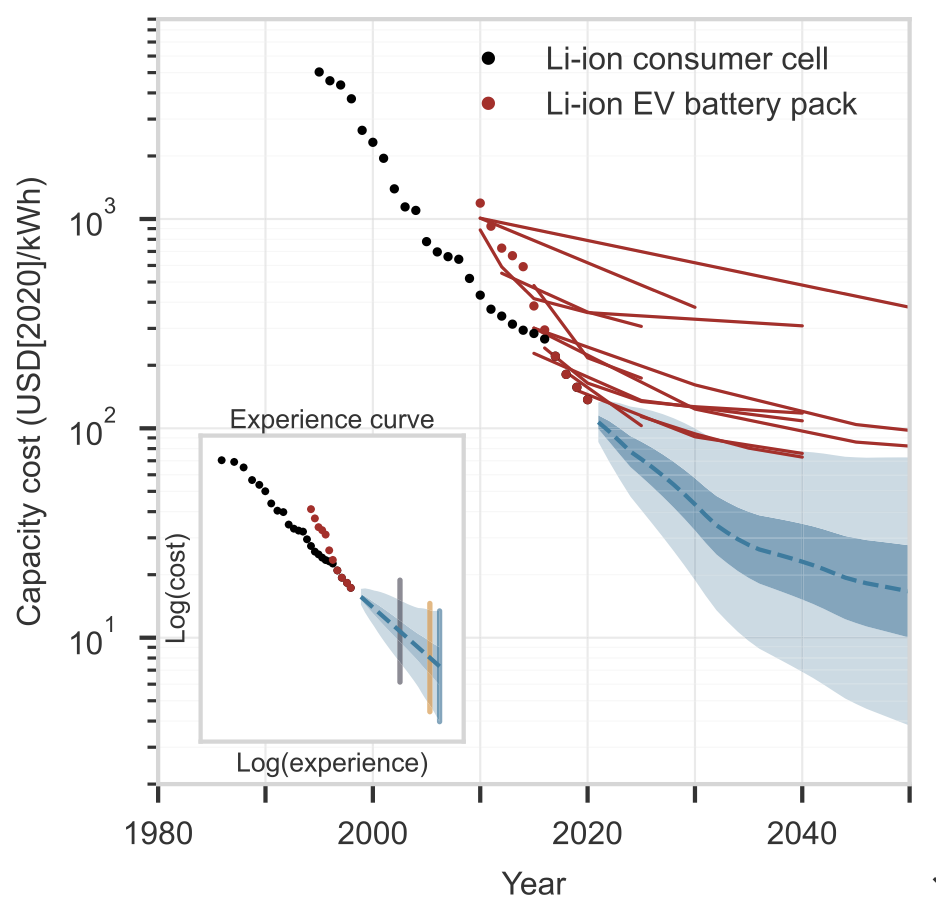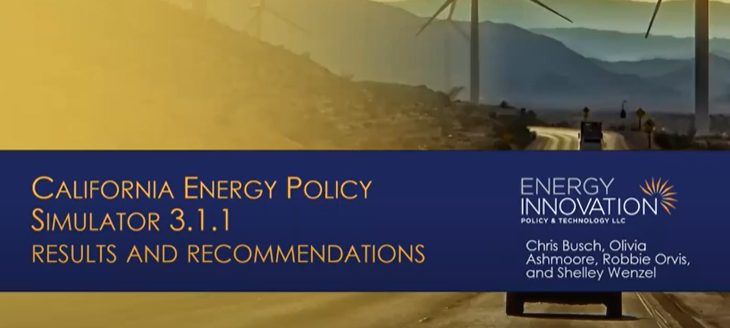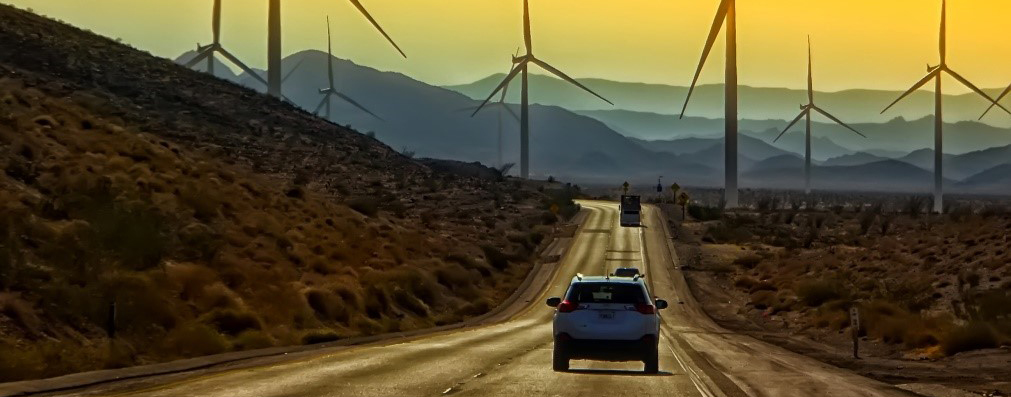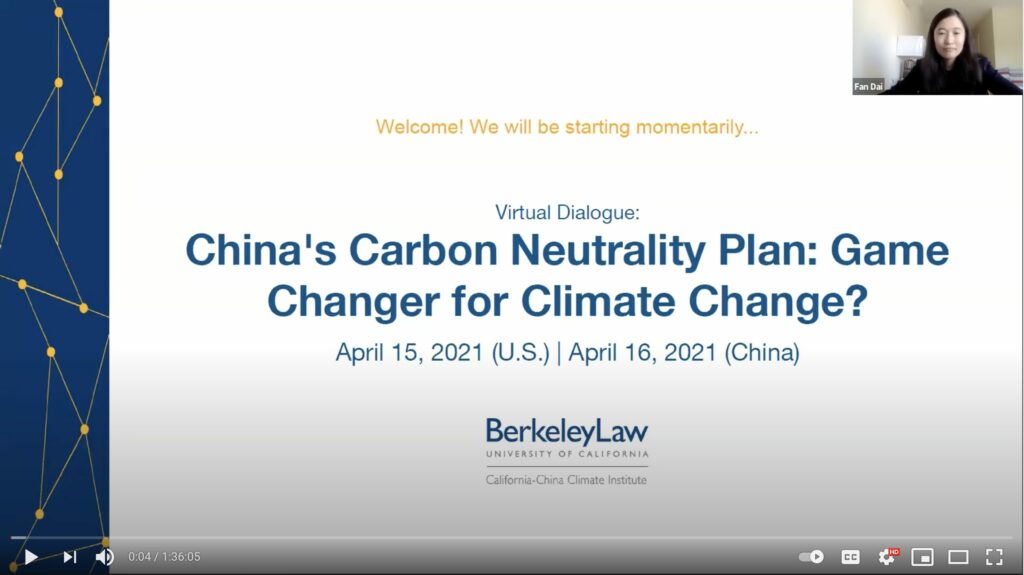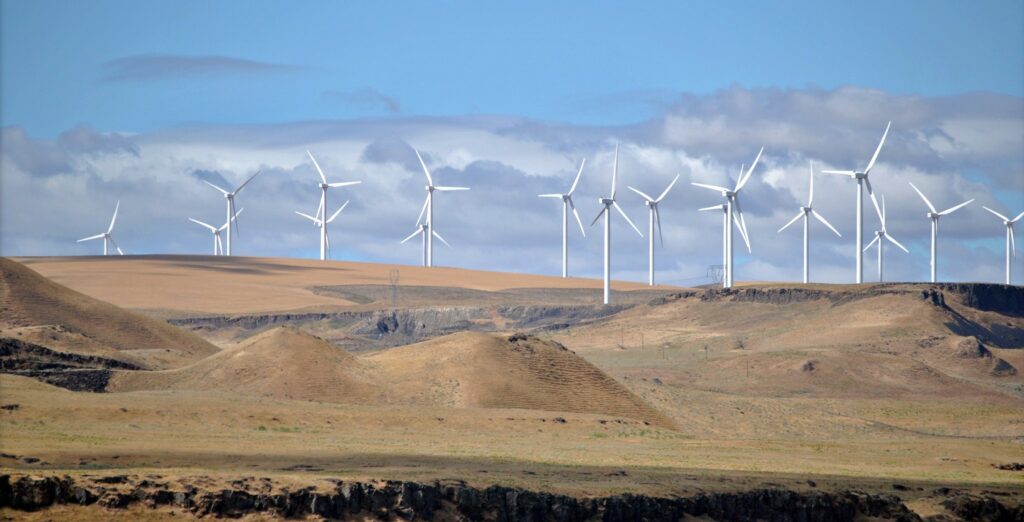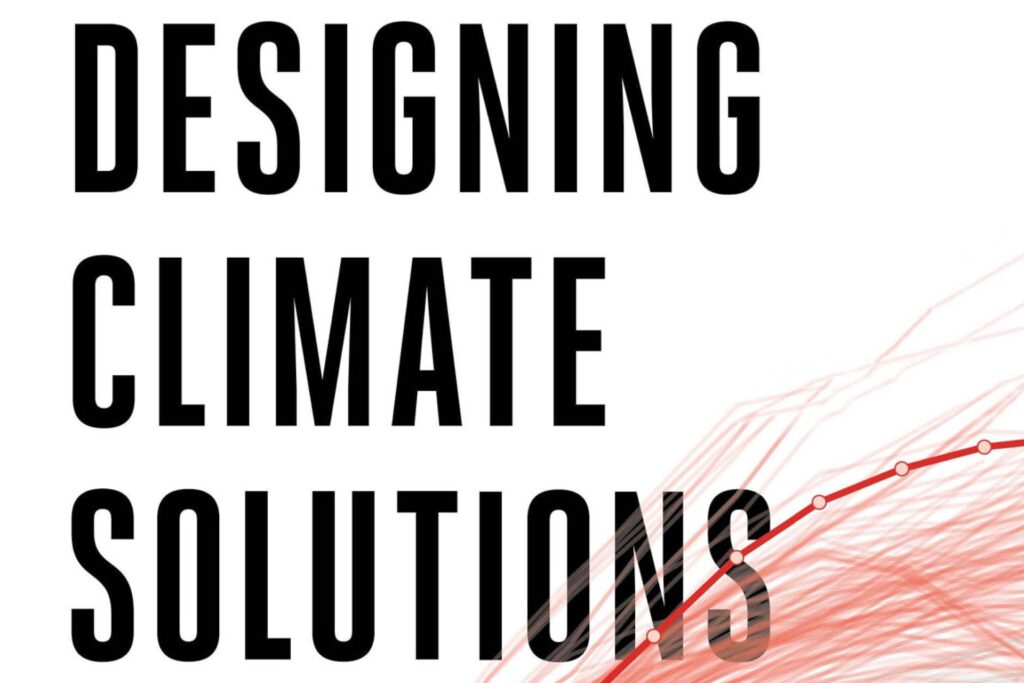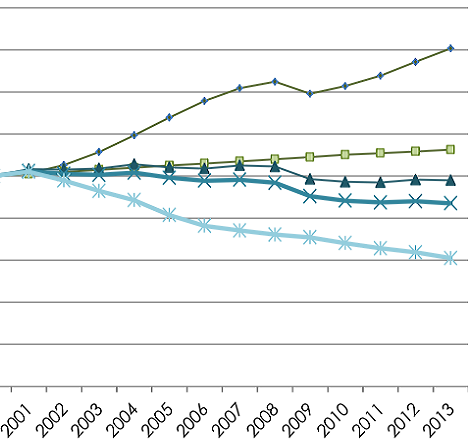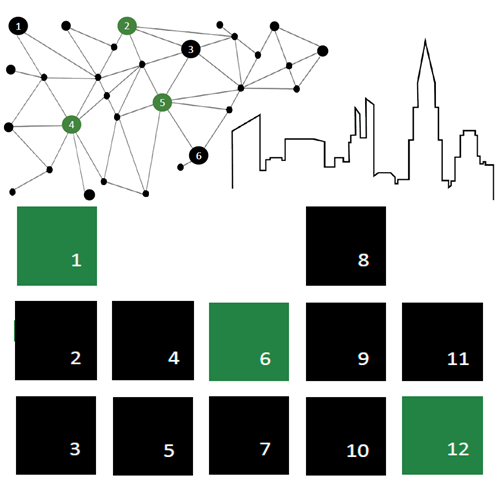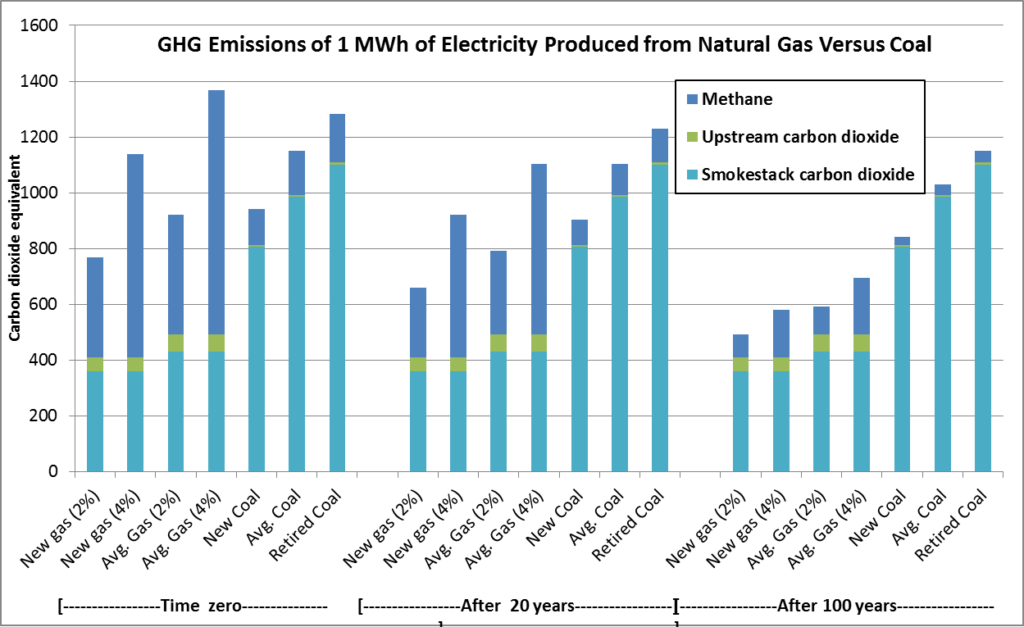Chris Busch is Director, Transportation and Senior Economist at Energy Innovation, where he leads the firm’s Transportation Program and provides evidenced-based reasons for optimism in the battle against climate change.
Chris works to illuminate the growing economic upsides from policies accelerating transportation decarbonization as one reason to aim for 100 percent all-electric new car sales as quickly as possible. Motor vehicle emissions, which account for about 75 percent of all transport sector emissions, are an attractive policy target due to battery innovation and fast-falling prices. As Senior Economist, he leads the firm’s carbon market analysis for regions including California and China.
Chris previously served as Energy Innovation’s California lead, analyzing causes of the state’s success in pioneering decarbonized prosperity and providing insights from its policy leadership to replicate this success in other states and around the globe. His 2017 and 2018 research on California’s cap-and-trade program accurately predicted the buildup of excess tradeable permits. More recently, Chris led development of the California Energy Policy Simulator to strengthen policies in all major sectors, accelerating decarbonization while delivering social and economic benefits worth tens of billions.
Before EI, Chris was Policy Director for the BlueGreen Alliance, where he testified before the U.S. House Energy and Commerce Committee’s Power and Energy Subcommittee. He also served as Climate Economist for the Union of Concerned Scientists, where he was appointed to California’s Economic and Technology Advancement Advisory Committee. Prior to that, Chris worked as a Senior Research Associate in the International Energy Studies Group at Lawrence Berkeley National Laboratory.
Chris holds a Ph.D. in environmental economics and a Master of Public Policy from the University of California, Berkeley; he has been quoted in major publications such as the Los Angeles Times, New York Times, and Wall Street Journal, and he has published in peer-reviewed journals such as Energy Policy, Land Economics, and the Electricity Journal.






